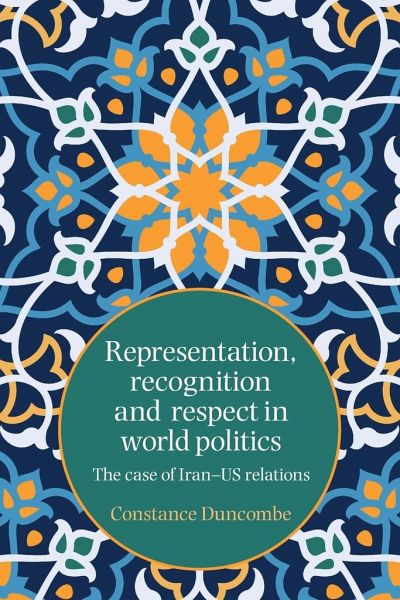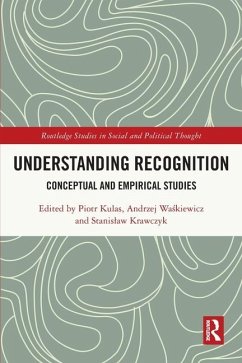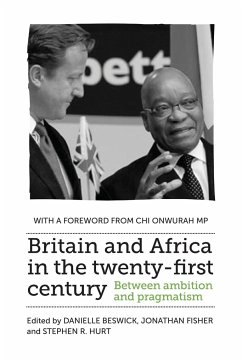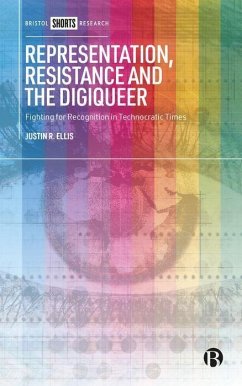
Representation, recognition and respect in world politics
The case of Iran-US relations

PAYBACK Punkte
15 °P sammeln!
This book addresses a critical issue in global politics: how recognition and misrecognition fuel conflict or initiate reconciliation. Using a detailed empirical investigation of the fraught bilateral relations between the US and Iran, the book demonstrates how representations of one state by another influence foreign policy-making behavior. -- .














